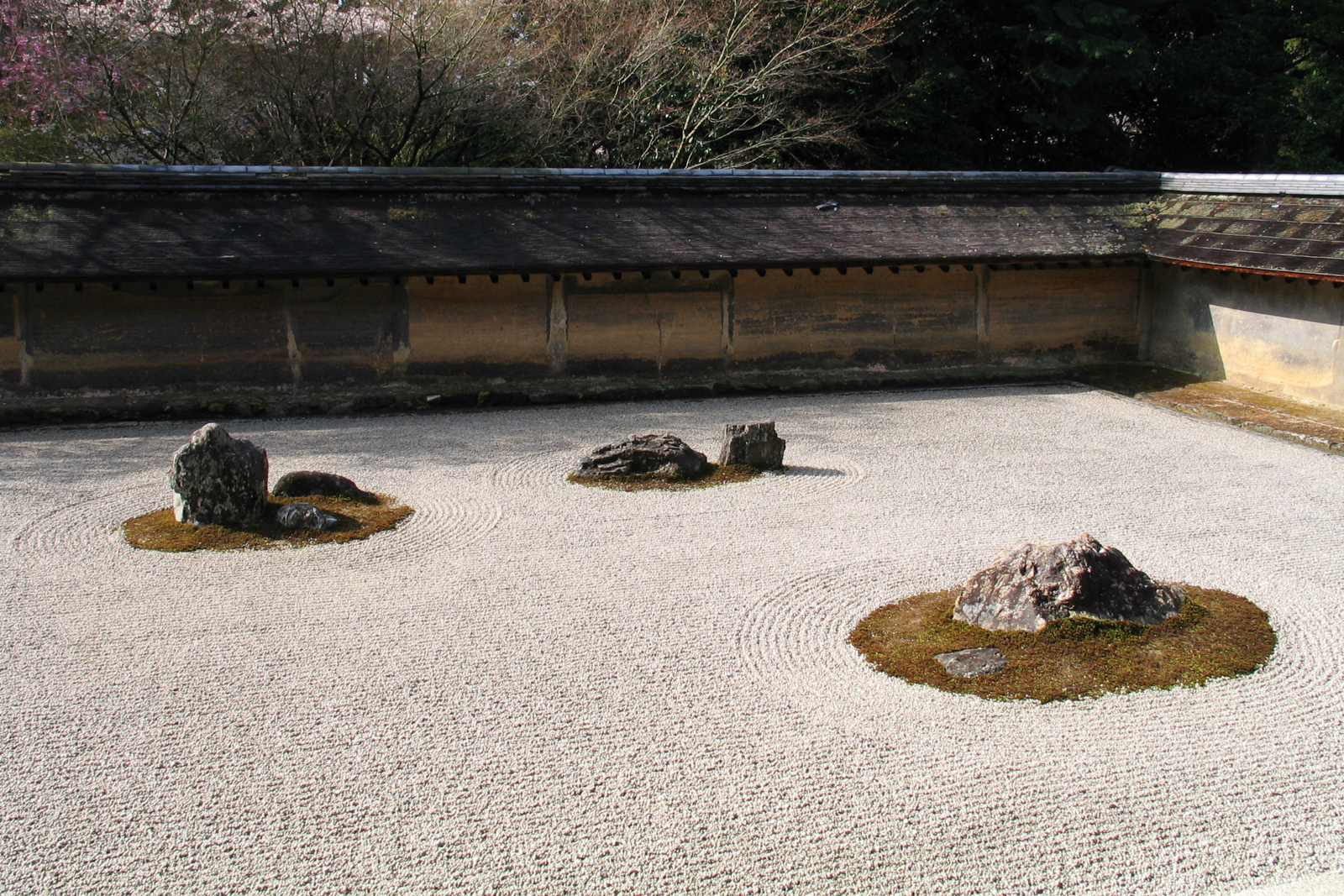I readily admit that Owen Barfield's "Saving the
appearances" is one of the strangest books I've ever read. I somehow
understand it, and yet I don't. Is that how C.S. Lewis felt like, when
attempting to argue with his "second friend"?
Barfield was an Anthroposophist, and he admits at one point in his work that it's really intended to soften the impact on the reader of Rudolf Steiner's ideas. Steiner was the founder of Anthroposophy, a new religious movement with many of the usual ideas (reincarnation, meditation, Atlantis etc).
The main idea in "Saving the appearances" is that all of reality is actually a "collective representation" created by human consciousness, which in turn is somehow identical to God's ditto. This somehow reminds me of Bishop Berkeley's subjective idealism, but in Barfield's version, human consciousness is evolving. Primeval man had something the author refers to as "original participation", apparently a kind of pantheistic near-fusion with nature. Gradually, this changed to another form of consciousness during Greek antiquity and again during the Middle Ages. During the modern era, humanity have forgotten that the world is really a collective representation of our own making. Instead, we treat our collective representations as if they were really "out there", thereby turning them into idols of the mind. (Hence, the sub-title "A study in idolatry").
Barfield is surprisingly consistent, even to the point of absurdity, as when he writes that our knowledge of prehistory (when no humans existed) is really a "symbolic" knowledge, since no "real" world could have existed before the advent of Homo sapiens. (George Berkeley solved the problem by postulating that the world permanently exists in the mind of God.) However, Barfield also suggests that perhaps the world *did* in some sense exist even before consciousness, since consciousness have always existed, but in a dormant and subconscious manner. I admit that I didn't quite got this part!
Barfield believes that the next step in humanity's evolution is something called "final participation", which I suspect is a kind of clairvoyance of the kind Steiner claimed to posses. Jesus came to Earth to speed up this evolution from idolatry to final participation. This is somehow connected to "the mystery of the kingdom", as well.
Please note that Barfield isn't simply saying that humans have perceived the world in different ways during different periods. He quite literally believes that the world *was* different when perceived by our medieval or Stone Age ancestors. Presumably, we can therefore change the make up of the universe by changing our collective representations of it. Quite an idea! Especially if "final" participation is really a version of Steiner's "spiritual science", by the help of which the Anthroposophical leader claimed access to information about the spirit-world, the past, the future, etc.
I admit that I haven't really assimilated this curious book. Although Barfield was on many issues more sympathetic than C.S. Lewis, I nevertheless feel a breath of fresh air and sanity every time I return to Lewis after reading the musings of his second friend. Somehow, traditional Anglicanism seems more logical!
I believe Owen Barfield once quipped: "Lewis had a need to believe in an outside world". Well, Owen, so do I. So do I. Indeed, I even suspect that might be the only way in which to truly "save the appearances"...

No comments:
Post a Comment